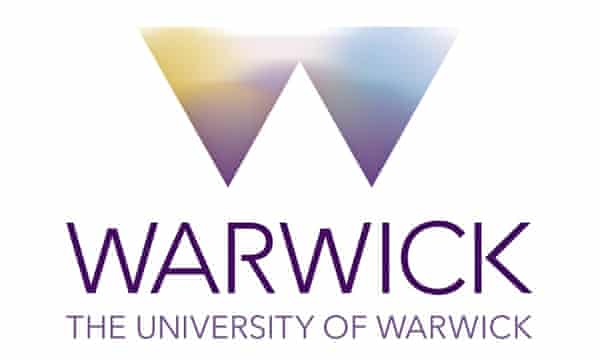University of Warwick: Teamwork in the Covid-19 Zone
A new video offering practical strategies to medical teams as they adapt to working in restrictive Level 3 PPE has been released today by the University of Warwick and the University Hospitals Coventry and Warwickshire NHS Trust.
The video is believed to be the first resource of its type and draws on empirical research between Sociolinguistics and Emergency Medicine studying the negotiation of leadership and teamwork in trauma settings.
Although the project is ongoing, the short animation and a poster have been released now to highlight some of the successful communication strategies that have been observed, and share them as widely as possible to help other teams who face the same challenges.
Since the emergence of Covid-19, healthcare staff have been required to wear FFP3 PPE (Personal Protective Equipment) in the resuscitation of the sickest patients. This includes wearing a full facemask, eye protection, gloves and surgical gown as an essential part of protecting themselves, colleagues and patients. PPE creates a physical barrier which restricts body movement, hearing, lip reading and peripheral vision. These sensory limitations have changed the way medical teams work and engage with colleagues and patients.
Professor Jo Angouri, a Sociolinguist and expert in interaction analysis at the University of Warwick, and Dr Chris Turner, a Consultant in Emergency Medicine at the University Hospitals Coventry and Warwickshire NHS Trust, led the observation of 24 multidisciplinary team scenarios as the medical staff worked through simulated trauma emergencies.
They have explored how Level 3 PPE impacted communication and the compensation strategies teams use to share information with each other to achieve good clinical results.
Their aim is to help multidisciplinary teams handling COVID-19 cases or any other conditions requiring FFP3 PPE through the development of training materials and national policy.
The successful strategies identified during the simulations include:
Avoidance of excessive noise
Actively feeding information back to the team to avoid information fragmentation
Thumbnail of infographicThe study is part of an ongoing collaboration between Professor Jo Angouri and Dr Chris Turner on the negotiation of leadership and teamwork in trauma settings, and one of the few projects bringing together Sociolinguistics and Emergency Medicine. Their work highlights the significance of interdisciplinarity working for the study of human factors.
Professor Angouri commented: “By observing simulated scenarios we were able to gain an authentic glimpse of how emergency teams are adapting to the challenges of communicating when wearing Level 3 PPE, and to identify and share good practice.
Dr Turner said “More detailed reports and analysis will follow but we wanted to share these resources now so that NHS teams, and any other teams who have had to adapt their working practices to incorporate Level 3 PPE, can benefit from what we have observed.”
Professor Pam Thomas, Pro Vice Chancellor for Research at the University of Warwick, said: “I am delighted to see this practical set of resources being published to help medical teams adapt to the communication challenges presented by working in Level 3 PPE.
“This project is a great example of the many ways in which Warwick researchers are working with the NHS and contribute to the fight to better understand and respond to Covid-19.”

